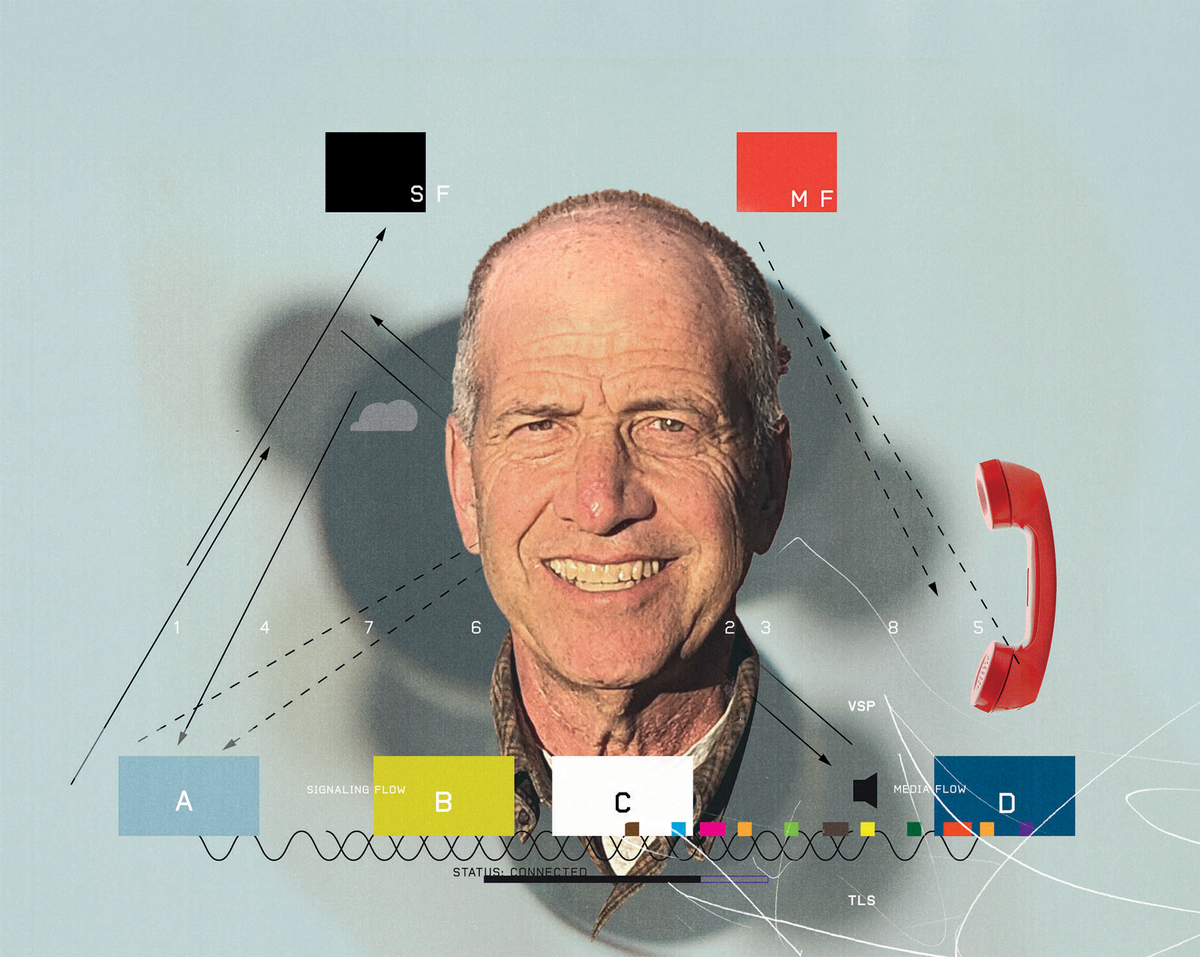I was reading a very professional article in the Boston Globe (I emphasize “professional” because so often these articles are not) that details the impact of nanotechnology innovation in Massachusetts when I stopped to consider why it is that people feel nanotechnology has not fulfilled their expectations.
The article starts with: “State officials and economic developers imagined new industries and jobs. Universities jockeyed for billions in research money. The news media hyped it as the next big thing. So what happened?” The answer we quickly get is “A lot, actually.”
The Globe reporter, Robert Gavin, offers some explanations for why the public has not been overwhelmed by nanotechnology’s impact that include its lack of “sexiness” and “Unlike with other technologies, there is not necessarily a consumer product at the end of the pipeline. Instead, nanotechnology often provides the components that make breakthroughs in new and existing products possible.” I couldn’t agree more. As I have said before in nanotech it’s the mundane that’s interesting.
The article goes on to share some interesting quotes from Mihail Roco, the long-time director of the National Nanotechnology Initiative (NNI), which offer up some possible timelines for nanotechnology’s development: “Nanotechnology is at about the point that IT had reached in 1975, said Roco, but has gotten there much faster. Roco estimates nanotechnology will reach IT’s 1995 stage by 2020.”
However, it neglects to address another key reason why nanotechnology has seemingly disappointed the fertile imagination of the general public. The unspoken and unanswered question seems to be: Where are the nanofactories and nanobots and the ability to make a laptop computer by pushing a button on your table-top factory?
So, it seems that this is where science was in 2001 when the NNI was launched and the advanced material science of “surface reconstructions” needed funding and research and stood a far better chance of getting it if it was called “nano”. It’s worthwhile research, it will enable already existing products and even create some new ones, but maybe it’s time to say this doesn’t seem like the nanotechnology that captured our imagination because it isn’t.
Dexter Johnson is a contributing editor at IEEE Spectrum, with a focus on nanotechnology.




